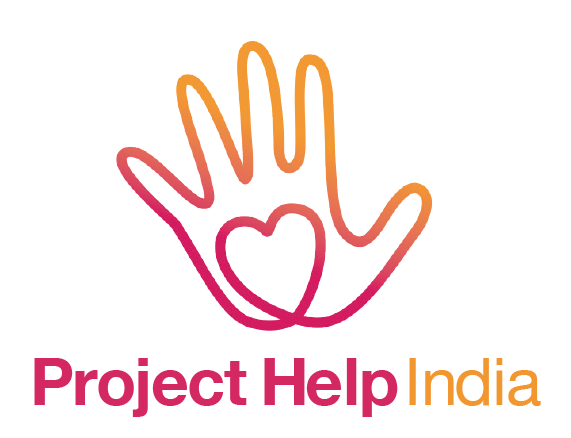In a world where isolation and distance often means silence, Project Help India proves that impact travels far. Our free medical camp held simultaneously at the office in Kotdwara, may seem distant from our work in Ferozepur, Punjab, where our flood relief work was also happening - (roughly a distance of 500 kilometres by road and a 9-hour drive without breaks) but the truth is different: compassionate action when it is guided by purpose and community is powerful and to put it bluntly - it saves lives.
This month, we opened our doors to those in need, offering a no-cost medical camp that brought hope and relief to hundreds. Two exceptional doctors joined us to provide comprehensive care: Dr. Jatin Chauhan, a laparoscopy and general surgeon from Bijnor, and Dr. Preeti Chauhan, a specialist in mental and neuro health. Together, they delivered free treatment and distributed medicines for a wide range of conditions, including stomach, intestine, liver, gallbladder issues, nasal problems, mental health concerns, and Parkinson’s-related symptoms. We cannot thank Drs Chauhan enough - for your kindness and generosity in volunteering to help.
“We cannot afford expensive treatment”
The response from attendees was a powerful reminder of why we do this work. Many patients spoke of the financial barriers that prevent access to quality care—barriers that force families to choose between essential needs and medical treatment. The relief of receiving care, simply because it’s offered with no cost, was evident in their gratitude. “We cannot afford expensive treatment,” one elder said, underscoring the necessity of such camps for economically vulnerable communities. Their words affirmed the impact of our community based model: healthcare that meets people where they are, with dignity and generosity - provided by locals who implicitly understand the needs and concerns of the community they serve.
Beyond the immediate treatments, our pop-up clinic highlighted a broader truth: health equity requires both access and continuity. Our team distributed free medicines, offered advice on prevention, and connected patients with follow-up resources for ongoing care. For many, this was the first step toward a longer journey of wellness, providing interventions and guidance that otherwise would be financially unattainable.
We are grateful for the local media coverage that amplified this message, helping more people understand that powerful care can be delivered from a single, well-planned event, especially when the community comes together. The media coverage also raises the credibility and profile of ‘Project Help India’ as a highly trusted and respected Nongovernmental Organisation (NGO - a non-profit organisation, that operates independently from a Government and has humanitarian or development objectives).
The photos captured the faces of relief, resilience, and renewed hope, a visual reminder that care is a shared duty, not a solitary act.
What’s next? Our commitment is ongoing. We will monitor the health needs of our communities in both Punjab and Uttarakhand, seeking opportunities to provide preventive care, vaccinations, and chronic-disease management through future camps and partnerships with other local volunteers and NGOs. We invite supporters, partners, and volunteers to join us in turning accessibility into action -so no one is left behind because of cost, distance, or circumstance.
Key points at a glance
Free medical camp organised by Project Help India at our office.
200 patients treated; free medicines distributed.
Doctors: Dr. Jatin Chauhan (laparoscopy & general surgery) and Dr. Preeti Chauhan (mental & neuro specialist).
Treatments covered stomach, intestine, liver, gallbladder, nasal, mental health, and Parkinson’s-related issues.
Camp underscores the need for affordable care for economically weaker sections.
Thank you to everyone who believes that health is a universal right, not a privilege. Your support—whether through donations, a local community member volunteering, or spreading the word -keeps the flame of Love in Action alive across miles. If you’d like to help us extend these lifesaving services, please consider joining our next camp, sharing this story, or connecting us with potential partners and sponsors who share our commitment to health equity and humanitarian aid for marginalised and highly vulnerable people.











